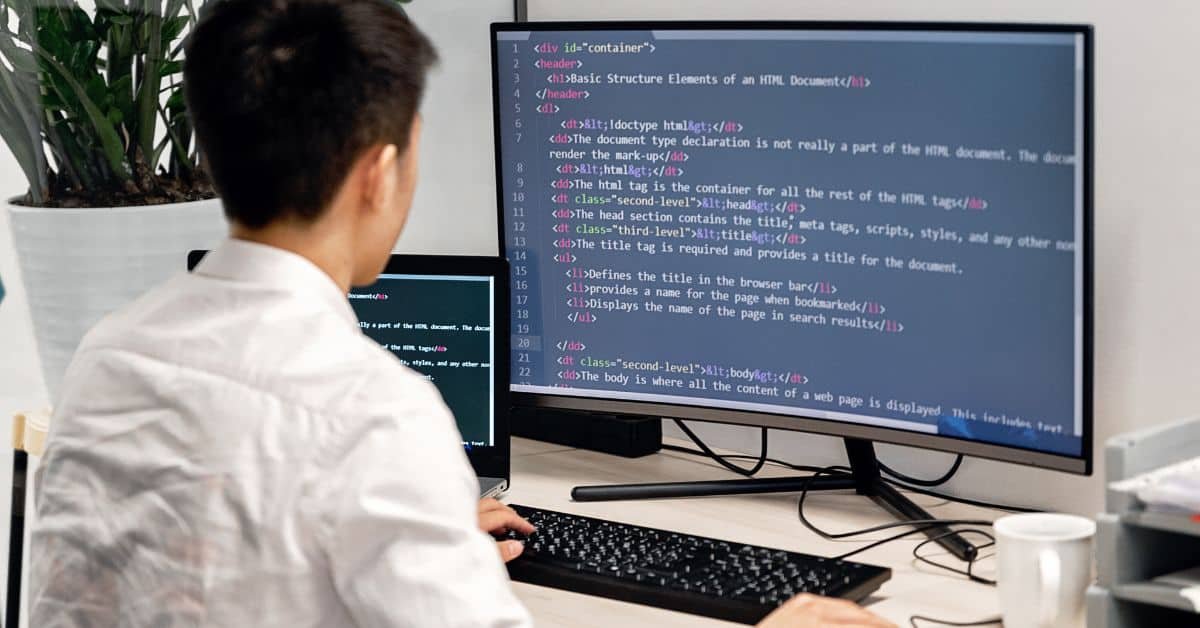An IT company called Unicus was launched in Finland in 2019. The aspect that makes this company special is the fact that they only hire people with Asperger’s syndrome, which is a form of autism spectrum disorder (ASD).
Unicus hires people with Asperger’s syndrome as IT consultants and IT software testers. According to Unicus, “a good tester needs to be structured, persistent and stubborn, think logically and analytically and see both the details and causal relationships”. Unicus states these qualities are common among people with Asperger’s syndrome.
It’s great that at least one company in Finland is finally willing to hire autistic people and finds our strengths as employees instead of just weaknesses. However, Unicus hires autistic people for only one field: IT. The fact is, not all autistic people are computer programmers.
The Stereotype of autistic coders
There are enough stereotypes of autistic computer programmers. There is Lisbeth Salander, the autistic computer genius in Stieg Larsson’s novel The Girl with the Dragon Tattoo. There is also, of course, Sheldon Cooper, the theoretical physicist in the TV show The Big Bang Theory. I know, a theoretical physicist is not a computer programmer, but it’s still in the science and technology field.
All autistic people are not interested in science and technology. Just like neurotypical people, we have various interests and talents. There are no employment services available to help autistic people who are not interested in becoming computer programmers.
Studies show that the employment rate of autistic adults is extremely low
As autistic people, we need support in finding suitable employment. Even going to a job interview can be horrifying for an autistic person. Working in a regular job can be too exhausting for many of us. As many autistic people have sensory issues and noise sensitivity, working in an open-plan office can be overwhelming.
Too much social interaction can exhaust an autistic person quickly. Many of us also have sleep issues and problems with executive function, which affect our ability to work. Communication in the workplace can also be problematic for a person with ASD.
With all these issues, working in a regular full-time job is impossible for many autistic adults, including myself. As a result, the unemployment rates of autistic adults are disastrous in various countries.
Autistic adults in the United States experience a higher unemployment rate compared to the general population and adults with other disabilities. In the United Kingdom, The Office for National Statistics published data that shows that only 22% of autistic adults in the UK are employed.
Here in Finland, there are few studies on the employment rate of autistic adults. However, these studies suggest the employment rate of autistic adults in Finland is even lower than in the UK.

Livelihood is a human right — Autistic adults deserve to earn a living
Only a small percentage of autistic adults are employed, while most of us are barely getting by and living on welfare.
Living in a world made for neurotypical people as an autistic person is hard enough on its own. Many of us have been bullied since childhood, always feeling like we don’t belong in society. As a result, many people with ASD suffer from depression and a lack of confidence.
Dealing with unemployment, and living in poverty makes you feel like you’re even more outside of society when you’ve been dealing with the challenges of autism all your life.
Employment is a challenge for many people with disabilities, but as studies show, autistic people face higher unemployment rates than people with other disabilities. While we face challenges, when it comes to working, many autistic people would be able to do some kind of work. Many of us have talents to share with the world.
It’s only a question of whether employers are willing to make the accommodations autistic people need in order to be able to work. So far it seems the answer is no.
Livelihood is a human right. Autistic people are humans just like everyone else, and we deserve to earn a living. IT companies hiring autistic employees is a start, but that is not enough. Not all of us are computer geniuses, or even interested in computers.
Which government, non-governmental organization, or company is going to be the first to take action and help autistic adults of ALL fields (not just IT!) achieve a basic human right and/or a decent income?
Also read:







